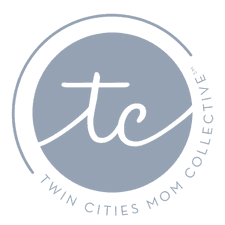This post is sponsored by The Blake School

Reggio Emilia—an educational philosophy developed in 1940s Italy—believes young children have a natural curiosity they use to construct meaning when given the time and space. Many schools, including Blake, use a Reggio-inspired approach for their youngest learners.
Environments that help children engage in hands-on exploration are essential Reggio elements. Creating a stimulating home environment rich with opportunities for learning can help your children become more curious, creative and independent thinkers.
Six Ways to Bring Reggio-Inspired Principles into Your Home
1. Design inviting learning spaces where children can engage in open-ended, creative activities.
2. Plan outdoor experiences that help children explore at their own pace. Gardening, nature walks and observing wildlife encourage appreciation of and love for the environment.
3. Find opportunities for collaboration that foster a sense of community. Invite family or neighbors for pumpkin carving or a baking project to promote connections with people of all ages.
4. Encourage children to ask questions, solve problems and take risks. Posing open-ended questions stimulates critical thinking and problem-solving skills.
5. Provide a safe, supportive environment where children feel free to express themselves and make mistakes. Model a love of learning by sharing your own passions and interests.
6. Celebrate children’s unique talents and abilities by displaying their creations and inviting others to celebrate their accomplishments.
Reggio-inspired principles empower children to actively participate in their own cognitive, emotional, social and creative development. When children are active participants in their own learning journey—at school and at home—they become independent, critical thinkers and lifelong learners.
Toya West is the founding director of Blake’s Early Learning Center. She has more than 20 years of experience in education, specializing in early childhood development and the Reggio Emilia approach. She has taught in and led early childhood programs in Thailand, Spain, Ecuador, South Korea and the United States.
The Blake School serves students in pre-K through grade 12 on two campus locations (Lower School and Middle School in Hopkins and Upper School in Minneapolis). In September, Blake opened an Early Learning Center (ELC), the first of its kind in the Twin Cities. Designed for learners in pre-kindergarten, kindergarten, and first grade, the ELC offers a child-centered program in a green facility designed to spark curiosity, joy, and growth.



